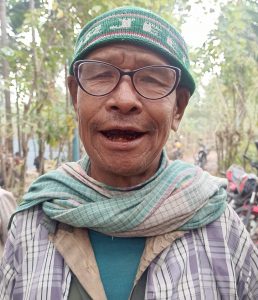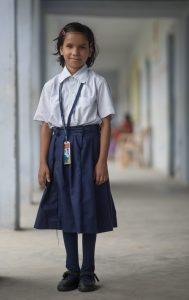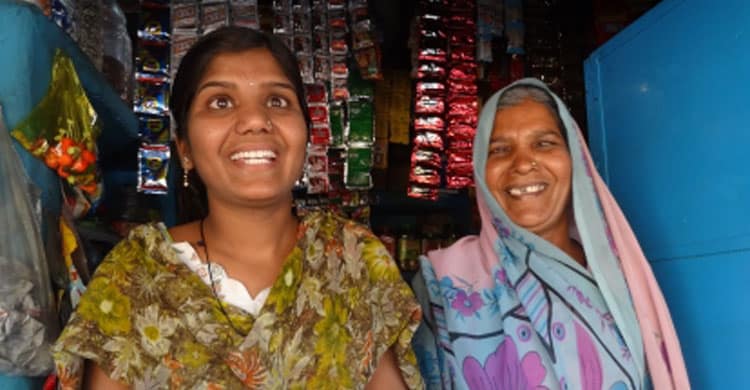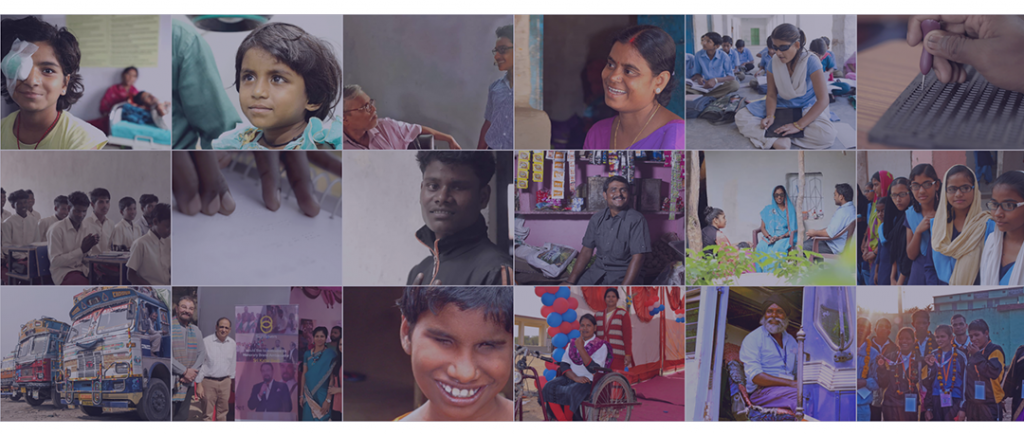
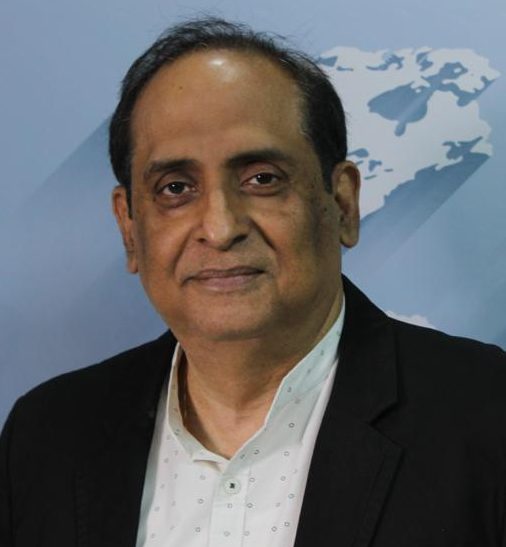
Losing one’s sight can be a terrifying and an isolating experience for a person. In a world that is not much accessible for the visually-impaired and other persons with disabilities, the duty falls on each one of us to work towards building a more inclusive and equal world. In many cases, blindness can be cured. Diagnosis at the right time, with the right treatment, can mitigate visual impairments in most cases. We know how blindness or visual impairment can affect daily living. Sight restoration can help those affected avail education. Employment reduces dependency on other people, making them feel included. We take visual impairment at old age for granted, which can, to a large extent, be delayed or managed.
A visually-impaired person needs to be brought into the mainstream. Each person deserves the right recognition and opportunity to be part of an inclusive society. Informing, supporting and advocating are the tools for spreading awareness for accessible eye care. Primary healthcare is a luxury to many. Although there are efforts to minimise the gap between medical development and increased accessibility to the less fortunate, much needs to be done to continue to make progress in bringing down the numbers of visually-impaired people.
As a nation, we have a comprehensive eye care programme. The goal is to lessen the occurrence of preventable sightlessness and monitor success rates of timely diagnosis and access to treatments. We, at Sightsavers, are in tandem with the Government’s focus on eye health and the empowerment of all those affected.
We have helped treat millions of people with eye conditions. We have educated, counselled, trained, and rehabilitated the visually impaired and helped expand the scope of ophthalmic services to the neglected areas of India. We have also focused on working with people with disabilities and others to promote equal rights and opportunities.
Sightsavers on a Mission
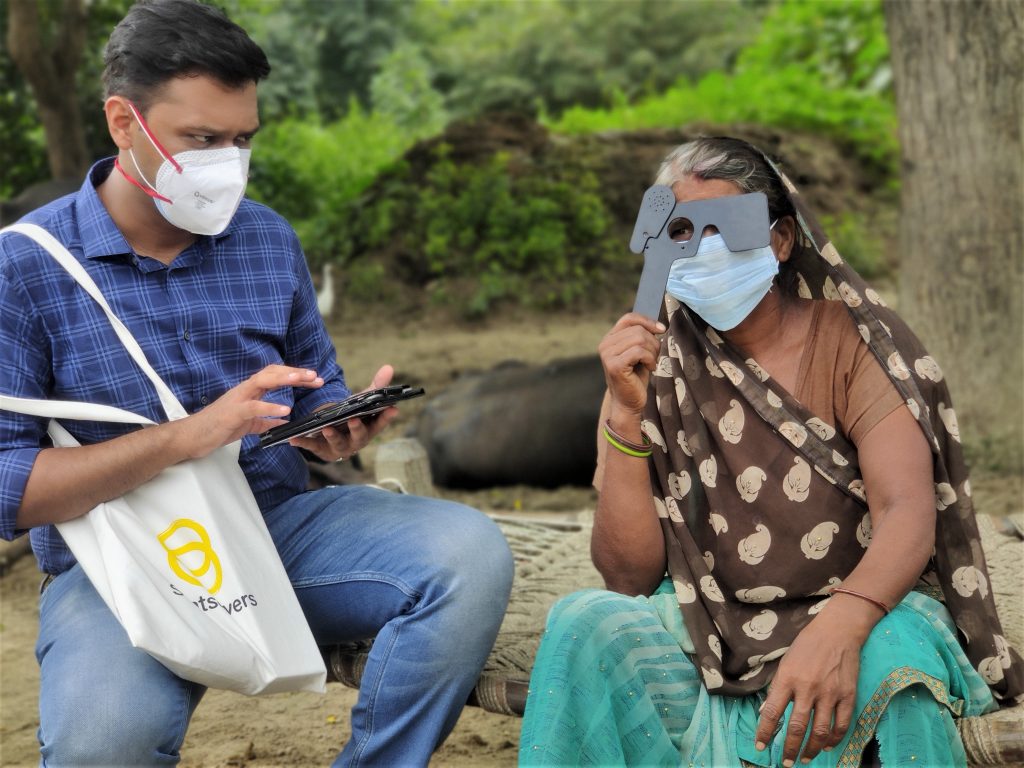 Since 1966, we have been working in India to protect eyesight and fight for the rights of people with disabilities. Our vision is of a world where no one becomes blind by avoidable causes and where people with disabilities participate equally in society. We have had a significant impact on the lives of economically and socially excluded communities through eye health, comprehensive education for visually-impaired children, and a
Since 1966, we have been working in India to protect eyesight and fight for the rights of people with disabilities. Our vision is of a world where no one becomes blind by avoidable causes and where people with disabilities participate equally in society. We have had a significant impact on the lives of economically and socially excluded communities through eye health, comprehensive education for visually-impaired children, and a 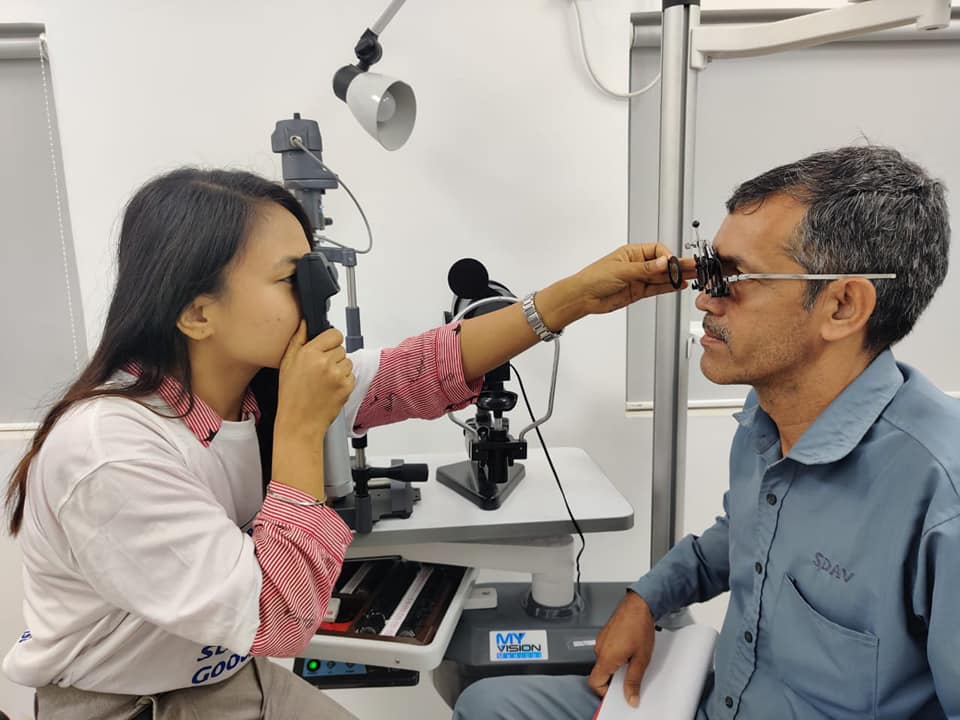 thematic portfolio of social inclusion for the disabled. Our main focus has been on expanding the programme in collaboration with various State Government departments. Target audiences and geographical blindness are important causes and consequences of poverty. We work with the underprivileged and marginalised communities to try and make vision care and corrective eye care accessible to as many people as we can.
thematic portfolio of social inclusion for the disabled. Our main focus has been on expanding the programme in collaboration with various State Government departments. Target audiences and geographical blindness are important causes and consequences of poverty. We work with the underprivileged and marginalised communities to try and make vision care and corrective eye care accessible to as many people as we can.
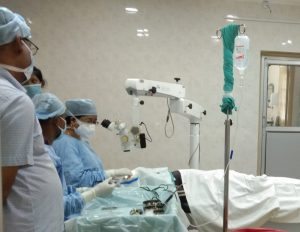 We have helped treat millions of people with eye conditions. We have educated, counselled, trained, and rehabilitated the visually impaired and helped expand the scope of ophthalmic services to the neglected areas of India. We have also focused on working with people with disabilities and others to promote equal rights and opportunities.
We have helped treat millions of people with eye conditions. We have educated, counselled, trained, and rehabilitated the visually impaired and helped expand the scope of ophthalmic services to the neglected areas of India. We have also focused on working with people with disabilities and others to promote equal rights and opportunities.
We partner with governments and other donor institutions to develop large-scale approaches to eliminate avoidable blindness and create a disability-inclusive world.
|
Our Commitment
We are committed to the cause of providing or optimising eye health to as many people in urban and or rural India. We have created programmes focused on various target audiences that gave us the optimum resources to help effectively. We have the Rural Eye Health Programme (REH), Urban Eye Health Programme (UEH), National School Eye Health Programme and National Truckers Eye Health Programme that reaches the hinterlands and those living on the fringes of modern-day society.
Our Sightsavers team recognises the importance of eye health for the overworked truck driver community in ensuring traffic safety. Because drivers do not have access to eye care services, we have created a system that provides services directly to them. RAAHI is one of the country’s largest eye health programmes for the overworked truck driver community.
Rural Eye Health Programme (REH)
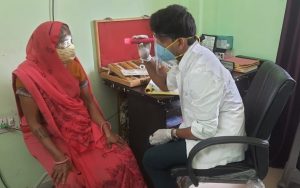
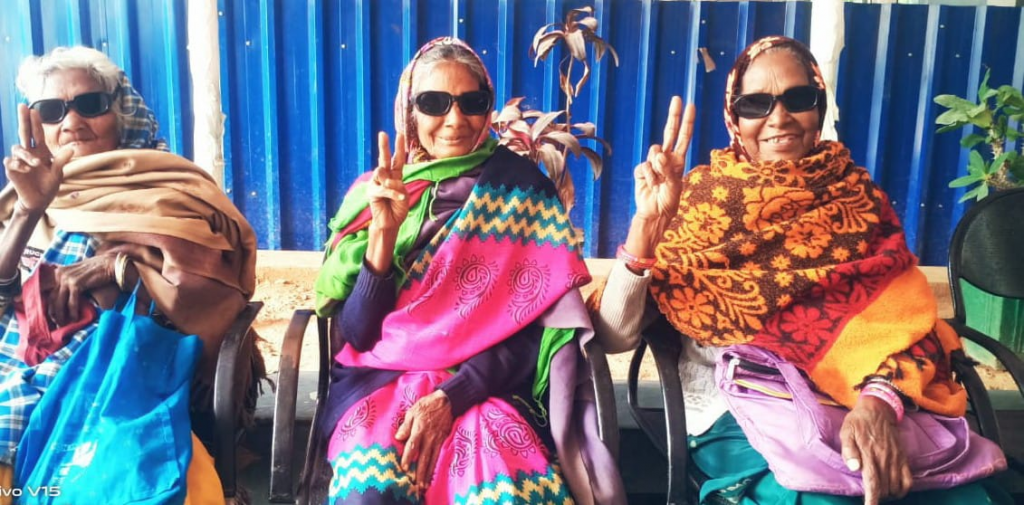
A large population of India still resides in villages. In most rural communities, eye health (if available) is limited to cataract screening, with limited or no attention given to other eye disorders. With the expansion of primary health under the National Rural Health Mission (NRHM), making primary eye care available to rural and remote areas will significantly improve the eye health of the community. Through the REH programme, we create awareness, provide quality eye health services, and eliminate avoidable blindness among the rural population.
Urban Eye Health Programme
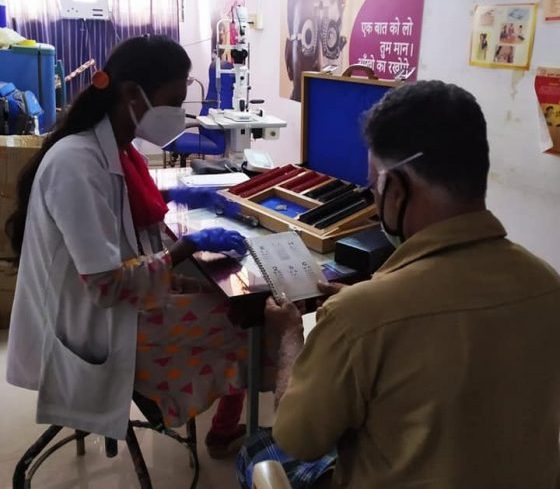 Many people living in the urban pockets of Indian cities do not receive health, education, or livelihood assistance. We also operate in some metropolitan areas to ensure a comprehensive and sustainable eye health mechanism in the Indian urban slums. At the same time, we are working closely with the Ministry of Health and the National Urban Health Mission to create a system that provides access to quality eye health for the underprivileged in urban areas.
Many people living in the urban pockets of Indian cities do not receive health, education, or livelihood assistance. We also operate in some metropolitan areas to ensure a comprehensive and sustainable eye health mechanism in the Indian urban slums. At the same time, we are working closely with the Ministry of Health and the National Urban Health Mission to create a system that provides access to quality eye health for the underprivileged in urban areas.
National School Eye Health Programme
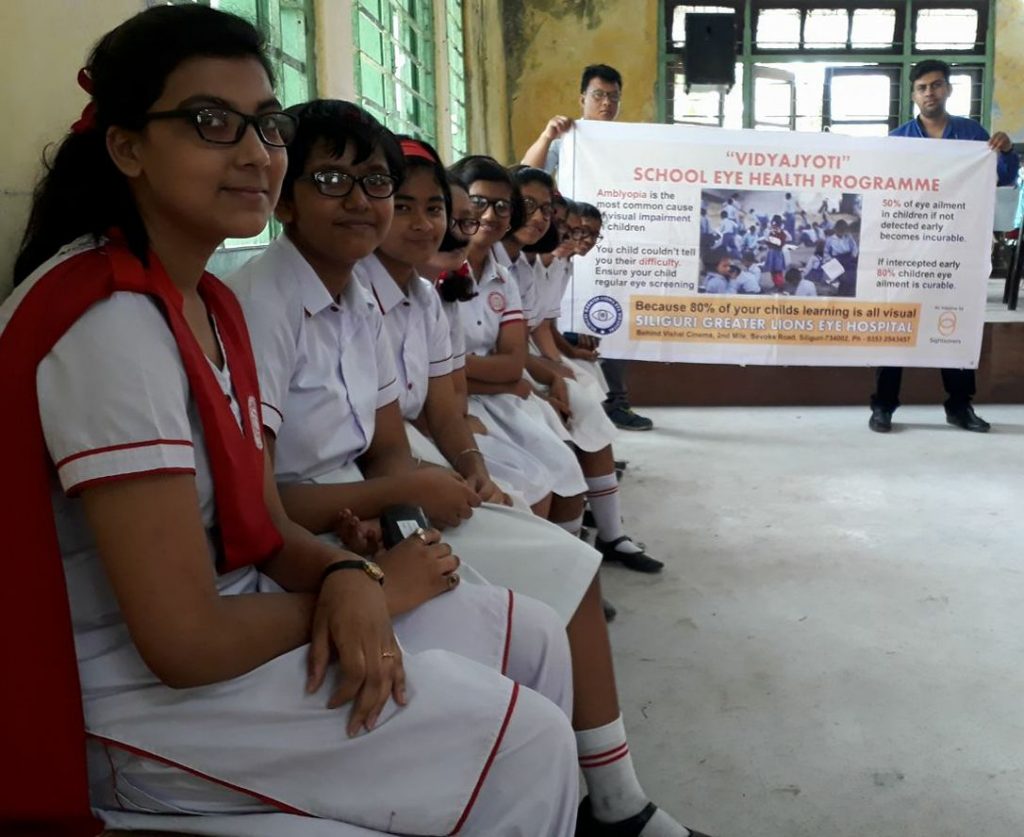
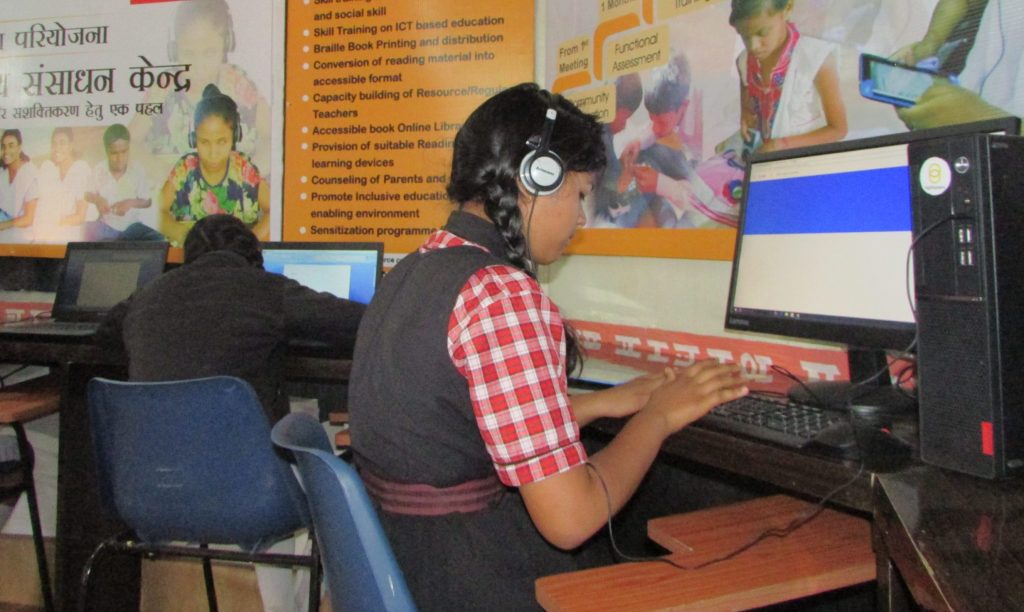
We launched Vidyajyoti School Eye Health Programme to check and prevent eye diseases and vision impairments among children in the school-going age group in government schools. The programme consists of eight components: (i) health education, (ii) health services, (iii) nutrition services, (iv) counselling, (v) a healthy school environment, (vi) staff health promotion, (vii) family/community involvement, and (viii) research or impact assessment.
|
National Truckers Eye Health Programme
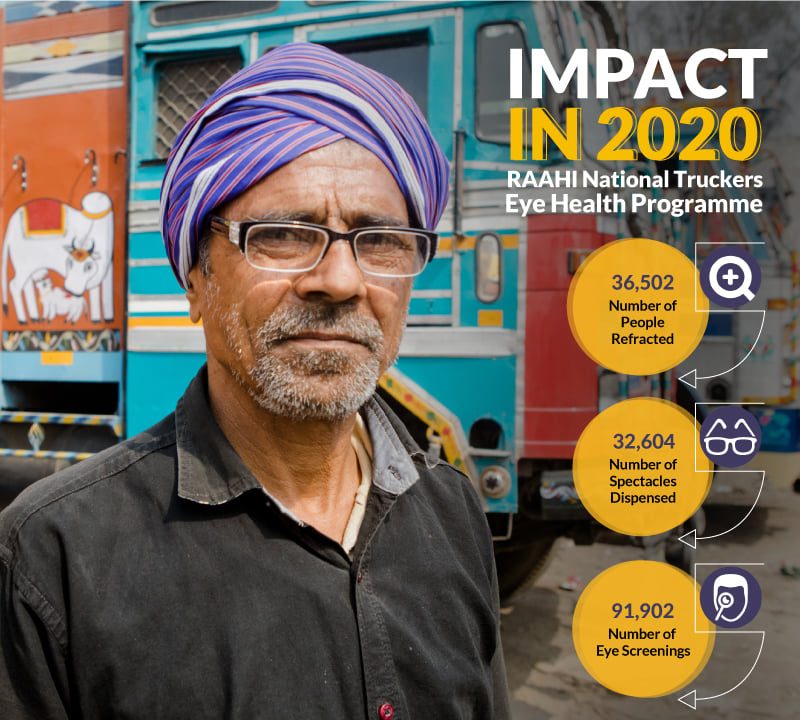 Our Sightsavers team recognises the importance of eye health for the overworked truck driver community in ensuring traffic safety. Because drivers do not have access to eye care services, we have created a system that provides services directly to them. RAAHI is one of the country’s largest eye health programmes for the overworked truck driver community. The uniqueness of this programme is that there are more than 30 locations around India’s Golden Quadrilateral, covering the most important long-haul routes in the country. There are permanent vision centres and pop-up outreach camps; located where drivers can rest and unload their cargo on regular routes.
Our Sightsavers team recognises the importance of eye health for the overworked truck driver community in ensuring traffic safety. Because drivers do not have access to eye care services, we have created a system that provides services directly to them. RAAHI is one of the country’s largest eye health programmes for the overworked truck driver community. The uniqueness of this programme is that there are more than 30 locations around India’s Golden Quadrilateral, covering the most important long-haul routes in the country. There are permanent vision centres and pop-up outreach camps; located where drivers can rest and unload their cargo on regular routes.
Social Inclusion
To enable the social inclusion of people with disabilities, we focus on three core areas: economic empowerment, strengthening Organisations of Persons with Disabilities (OPDs), and creating an enabling environment. We thus support people with disability through livelihood interventions and facilitates the formation and capacity building of DPOs to carry out effective advocacy for their rights on all platforms and levels.
We work to ensure that people with disabilities (blindness or visual impairment) get equal rights and face no discrimination, especially regarding education, healthcare and income. We also ensure that the government implements its obligations under international Conventions toward the visually impaired or blind.
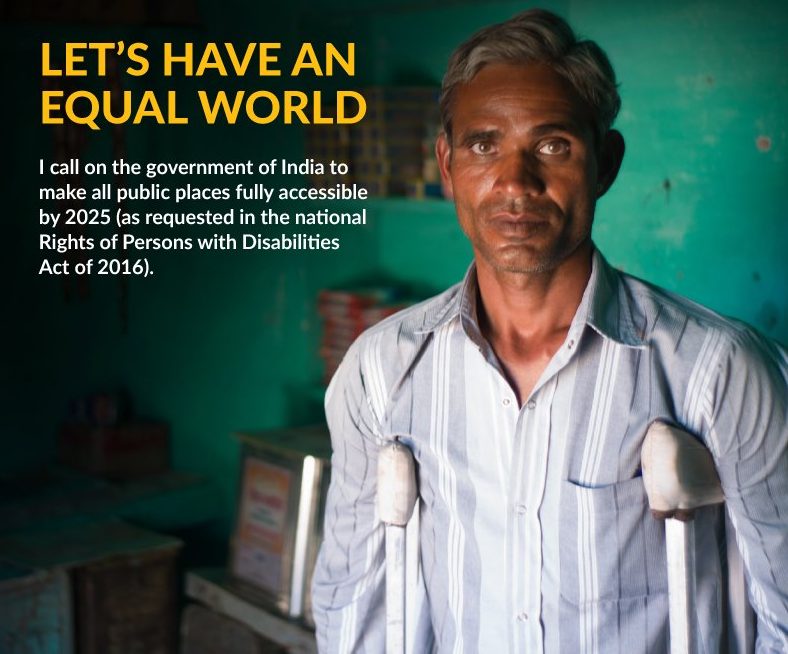
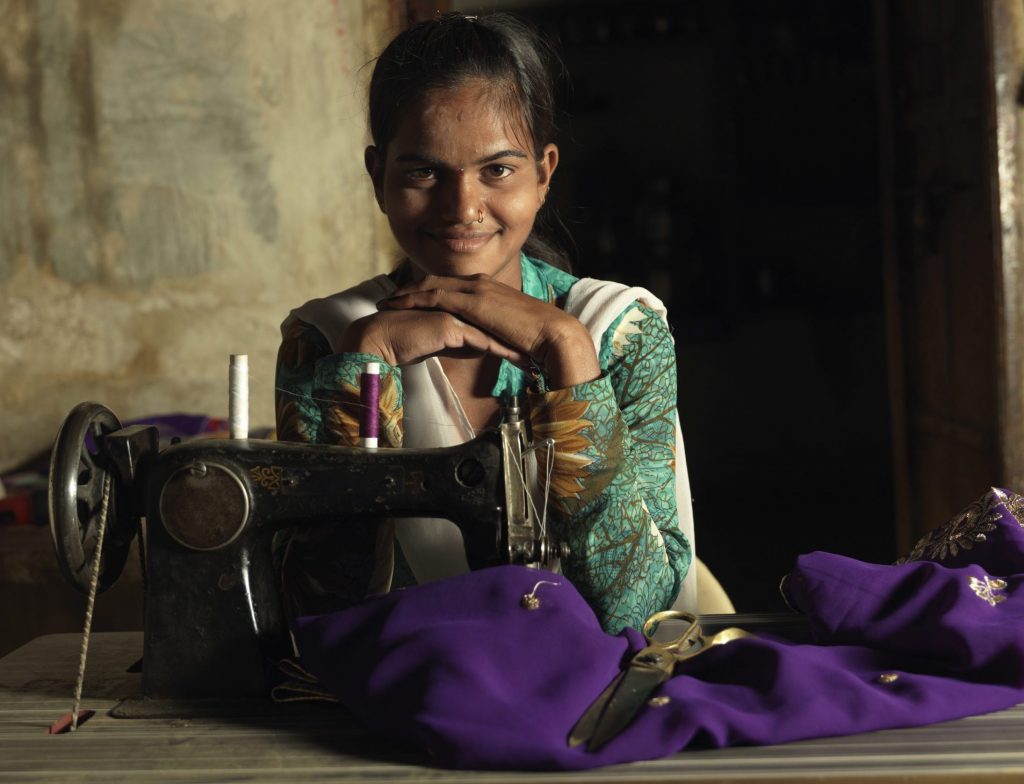
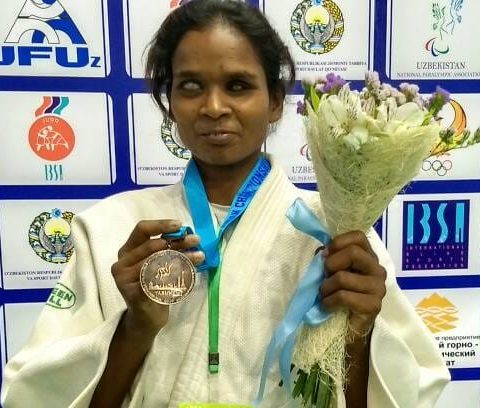
Inclusive Education
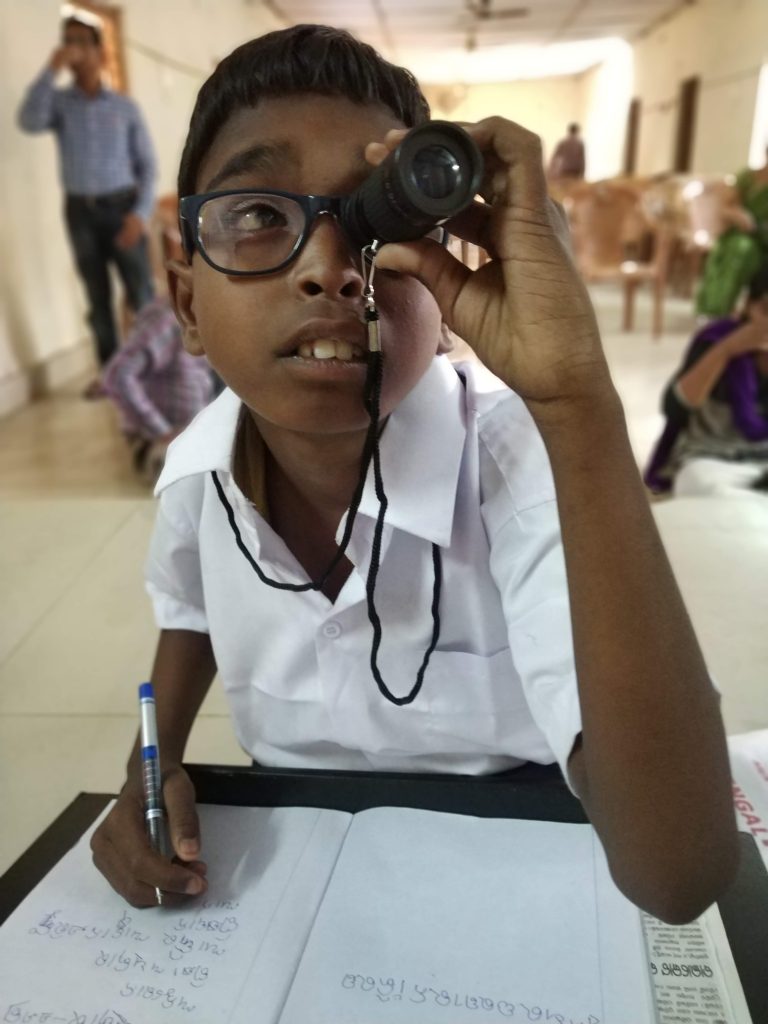 When children with disabilities participate in mainstream education on an equal basis with other children, they learn that they are equal and valued members of society. Thus, we aim to promote a positive and enabling environment in schools, families and in communities to support the holistic education of children with visual impairment.
When children with disabilities participate in mainstream education on an equal basis with other children, they learn that they are equal and valued members of society. Thus, we aim to promote a positive and enabling environment in schools, families and in communities to support the holistic education of children with visual impairment.
Enablement is facilitated by the availability of assistive devices and accessible educational material, provision of compensatory skills training, infrastructure accessibility and building education management and leadership, among others.
|
Impact55 million people examined for eye problems since 196636.4 million eye treatments provided, including spectacles and medication5 million operations performed to treat conditions such as cataract |
A Better Tomorrow
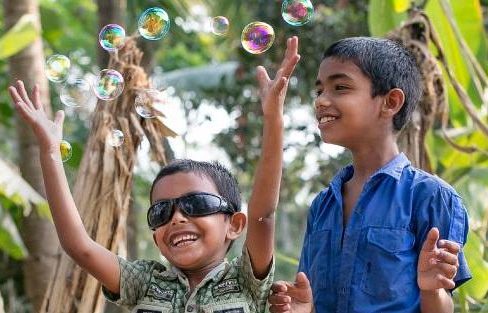
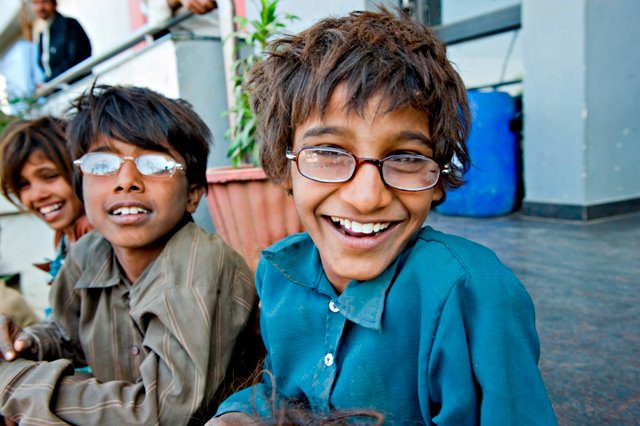
Our goal is to work for a better tomorrow and create an equitable world. Sightsavers India will continue to serve millions of people in the coming years and enable their lives by building an inclusive world.


